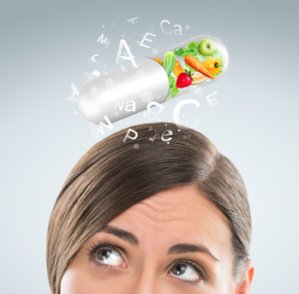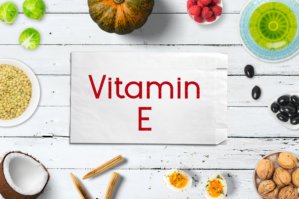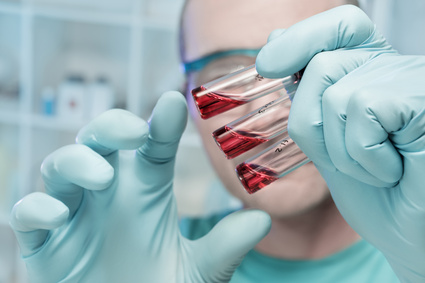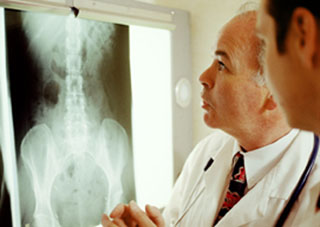Essential nutrients
 Essential nutrients are those vitamins, minerals, fatty acids and amino acids that the body needs in order to function. We can't do without these substances and there are no other substances that can replace them. It is possible to live a full, long life without ingesting for example, ginseng, rose hips extract and medicine, but it is not possible to survive without getting all the essential nutrients. Deficiency of these substances will inevitably lead to nutritional deficiencies.
Essential nutrients are those vitamins, minerals, fatty acids and amino acids that the body needs in order to function. We can't do without these substances and there are no other substances that can replace them. It is possible to live a full, long life without ingesting for example, ginseng, rose hips extract and medicine, but it is not possible to survive without getting all the essential nutrients. Deficiency of these substances will inevitably lead to nutritional deficiencies.
- Essential in this context means vital or lifesaving.
- Nutrient is any substance which when ingested contributes to the body's metabolism, function or growth.
- Non-essential nutrients are all the nutrients that the body itself can form.














